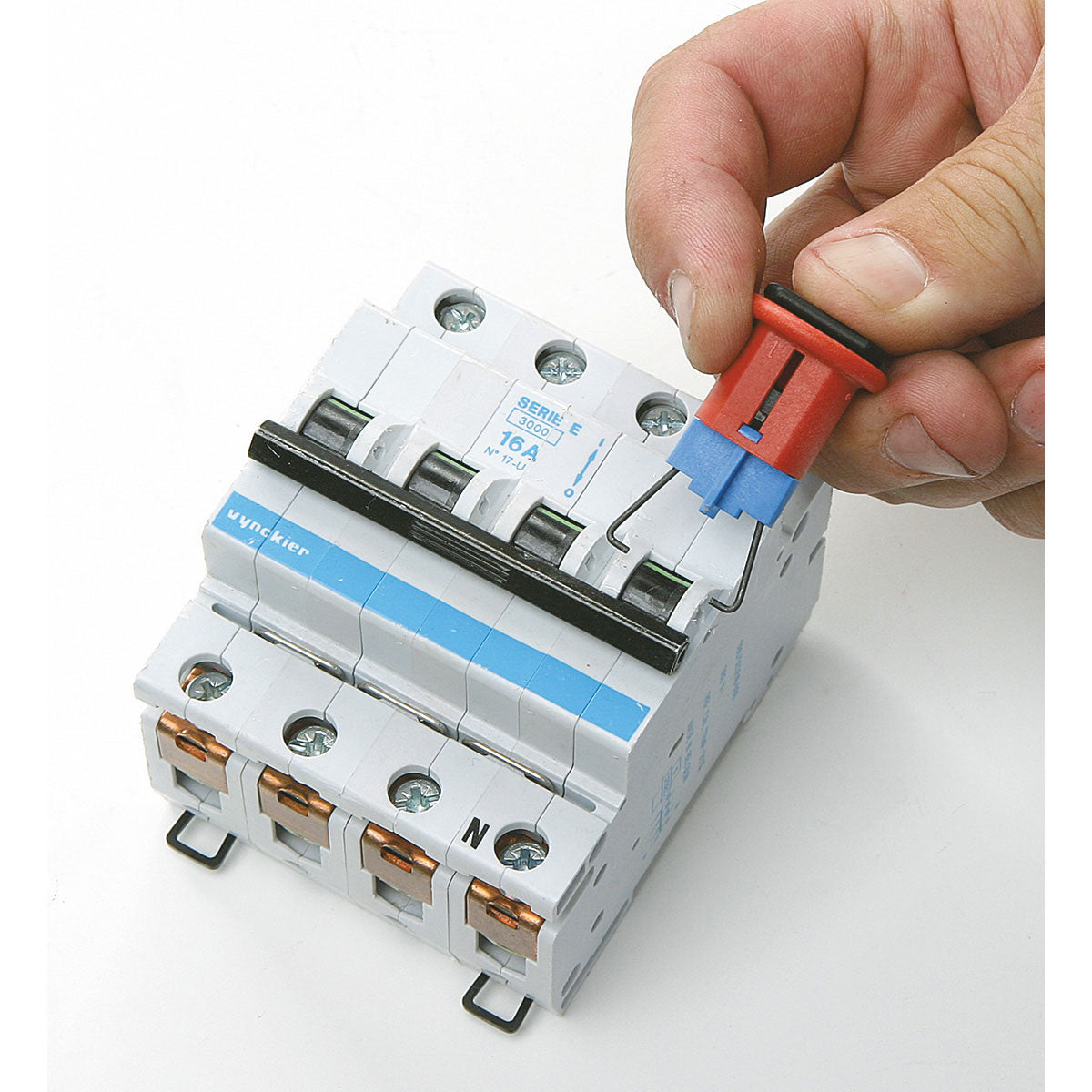
herbdavidguitarstudio
Music Brings Harmony To The WorldThe Ultimate Guide to Understanding and Maintaining Your Home’s Circuit Breaker System
Wednesday , 8, May 2024 Business and Management Leave a commentUnderstanding the circuit breaker system in your home is essential for maintaining a safe and efficient electrical system. Circuit breakers are designed to protect your home from electrical overloads and short circuits that could lead to fires or damage to your appliances. This guide will help you understand how the circuit breaker system works, how to troubleshoot common issues, and how to maintain it to ensure the safety of your home.
Overview of Circuit Breaker System
The circuit breaker system in your home is a crucial component of your electrical system. It is designed to protect your home from electrical overloads by automatically shutting off power to a circuit when it detects a fault. Here are some key points to help you understand how the circuit breaker system works:
How Circuit Breakers Work
- Circuit breakers are designed to trip when they detect an overcurrent in a circuit. You can visit RSP Supply to purchase top-quality device circuit breakers
- When a circuit breaker trips, it interrupts the flow of electricity to the circuit, preventing damage to appliances and wiring.
- After tripping, circuit breakers can be reset by switching them back to the "on" position.
Types of Circuit Breakers
- There are different types of circuit breakers, including standard, GFCI (Ground Fault Circuit Interrupter), and AFCI (Arc Fault Circuit Interrupter) breakers.
- GFCI breakers are designed to protect against ground faults, while AFCI breakers protect against arc faults.
- It is important to have the right type of circuit breaker for each circuit in your home to ensure proper protection.
Troubleshooting Common Circuit Breaker Issues
It is essential to know how to troubleshoot common circuit breaker issues to ensure the safety and functionality of your electrical system. Here are some common issues you may encounter with your circuit breaker system and how to address them:
Circuit Breaker Keeps Tripping
- If a circuit breaker keeps tripping, it may indicate an overload in the circuit.
- To address this issue, unplug devices from the circuit and try resetting the breaker. If it continues to trip, you may need to redistribute the load on the circuit or consult a professional electrician.
Tripped Circuit Breaker Won't Reset
- If a circuit breaker trips and won't reset, it may indicate a more serious issue, such as a short circuit.
- Before attempting to reset the breaker, check for any signs of damage to the wiring or appliances on the circuit. If you are unable to identify the cause, contact an electrician for assistance.
Maintaining Your Circuit Breaker System
Regular maintenance of your circuit breaker system is essential to ensure its proper functioning and safety. Here are some tips to help you maintain your circuit breaker system:
Label Your Circuit Breakers
- Properly labeling your circuit breakers will make it easier to identify which breaker controls each circuit in your home.
- Take the time to label each breaker according to the rooms or appliances it serves for quick and easy identification in case of an emergency.
Test Your Circuit Breakers
- Regularly testing your circuit breakers can help ensure they are functioning correctly.
- To test a circuit breaker, switch it off and then back on. If it resets without any issues, it is likely functioning properly. If you encounter any problems, consult a professional electrician.
Keep Your Circuit Breaker Panel Clear
- Ensure that the area around your circuit breaker panel is clear of any obstructions or clutter.
- Having easy access to your circuit breaker panel will make it easier to reset breakers in case of an emergency.
Conclusion
Understanding and maintaining your home's circuit breaker system is essential for the safety and functionality of your electrical system. By familiarizing yourself with how circuit breakers work, troubleshooting common issues, and following proper maintenance practices, you can ensure that your home is protected from electrical hazards. If you encounter any issues that you are unable to resolve on your own, always seek the assistance of a qualified electrician to address the problem promptly.

Please give us your valuable comment
You must be logged in to post a comment.